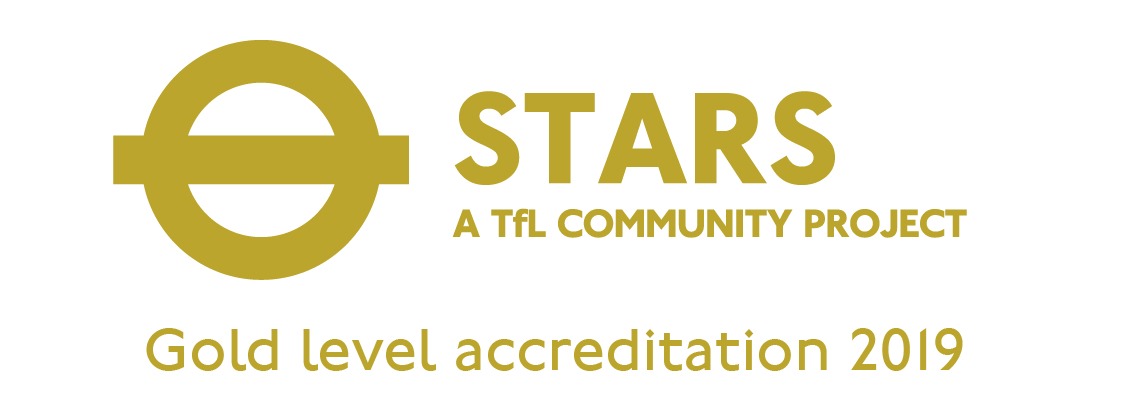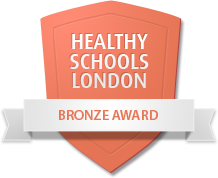Pupil Premium
The Government believes that the Pupil Premium funding, which is additional to the main school funding, is the best way to address inequalities between children eligible for free school meals (FSM) and those children who are not. Pupil Premium Funding is used to tackle disadvantage in order to reach the pupils who need it most.
Schools are currently given Pupil Premium funding of £1,480 per pupil for those whose families who have registered for FSM. This includes any child who has been registered for FSM at any point during the past 6 years. The children of members of the armed forces are also entitled to this funding. Schools also receive £2,570 for each pupil who has been looked after for 1 day or more; has been adopted from care or has left care under a special guardianship order, a residence order or a child arrangement order.
The money is given to schools to support them in enabling all pupils to reach or exceed the nationally expected level for their age. Each school may decide how best to use the funding and they are held accountable for how it has been used to support pupils from low income families.
At Ashmole Primary School, all matters regarding free school meals and pupil premium are treated confidentially. The key purpose of our Pupil Premium funding is to enable all the pupils to reach their full potential. We work with our families and colleagues to make sure everyone involved with the child has high aspirations. We ensure pupil premium children are well represented and have a voice on our school council and eco committees.
We recognise that barriers to achievement take a variety of forms and will do whatever it takes to support a child, both in and out of the classroom. We use all our resources to ensure that every child has an equal opportunity to become an empowered learner. In order to achieve this, we offer our children a wide range of opportunities, we always make sure these are accessible for everyone.
Ashmole Primary School adopts a number of strategies and activities in raising attainment and progression of disadvantaged children. These include: booster tuition, peer to peer support and provision mapping for children eligible for free school meals.
The school will evaluate the impact on each pupil at the end of the term and academic year. Evaluation will focus on academic gains and how pupils’ self-confidence has developed as a consequence of the intervention.






